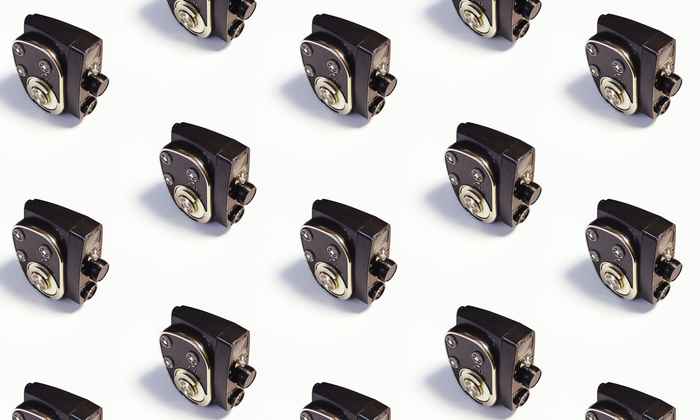Transparencies of the real in (non)fiction film
- Date
- 21 March 2024
- Time
- 15:00 -18:00
- Location
- University Library
- Room
- Belle van Zuylen UB

In our last session of this academic year, we keep Adorno’s text Transparencies on Film as referent while we dive into some of the new types of cinema that were emerging at the time when Adorno wrote his text, Oberhausen manifest-like movements everywhere in the world. We will focus on Jean Rouch and his ‘cinema verité’.
Rouch has been considered by many as the great inspirator of the nouvelle vague in France and his ethnographic films have been hugely influential worldwide. We will address the question of documentary transparency by looking at some of Rouch’s own writing (a text from & interview with Jean Rouch from Cine ethnography), as well as a text about Chronicle of a Summer from Paul Henley. Finally, we can bring in the very recent work by Stella Bruzzi to claim a looser relation between fiction/nonfiction as she has developed in her book Approximation (the article attached is the basis of one of the chapters of that book and deals with fiction/historical reality in Mad Men).
All these texts bring us back, in one way or another to the time that cinema was combatting the ‘cinema de papa’ in a rapidly changing world, and all articles somehow address the ways in which documentary and fiction relate more - or less transparently to the real/historical reality. To bring in the notion of political cinema and return to the concept of collectivity, Ronald Bogue’s reflections on the people to come in relation to Octavia Butler (addressing Deleuze’s concept of the people are missing in the new political film – from the 1960s onward) are also added.